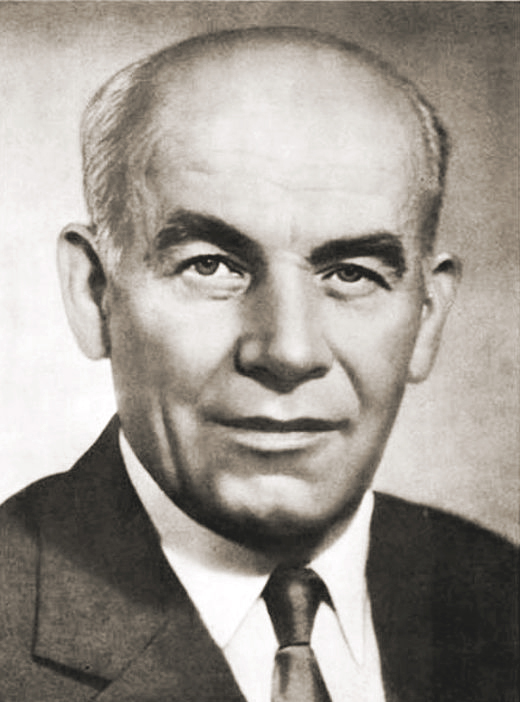Władysław Gomułka
 Władysław Gomułka (; 6 February 1905 – 1 September 1982) was a Polish Communist politician. He was the ''de facto'' leader of post-war Poland from 1947 until 1948, and again from 1956 to 1970.
Władysław Gomułka (; 6 February 1905 – 1 September 1982) was a Polish Communist politician. He was the ''de facto'' leader of post-war Poland from 1947 until 1948, and again from 1956 to 1970. Gomułka was born in 1905 in Galicia. A plumber from the age of fourteen, he joined the revolutionary movement, made propaganda in the trade unions and suffered the rigours of the Witos government, then of the Pilsudski dictatorship. When Nazi Germany invaded Poland in 1939, he was imprisoned in Lwow, but was later released. He moved to Warsaw and became one of the most energetic organisers of the resistance against the Nazis. In 1943, he became the leader of the left-wing resistance fighters, the general secretary of the underground workers' party. When Poland was occupied by the Red Army, he collaborated with the Lublin government, formed by the Soviets with the Polish Bierut group, which received Stalin's blessing.
Following the Polish October, he became leader again from 1956 to 1970. Gomułka was initially relatively popular for his reforms; his seeking a "Polish way to socialism"; and giving rise to the period known as "Polish thaw". During the 1960s, however, he became more rigid and authoritarian—afraid of destabilizing the system, he was not inclined to introduce or permit changes. In the 1960s he supported the persecution of the Catholic Church and the anti-communist opposition.
In 1967 to 1968, Gomułka allowed outbursts of anti-Zionist and antisemitic political campaign, pursued primarily by others in the Party, but utilized by Gomułka to retain power by shifting the attention from the stagnating economy. Many of the remaining Polish Jews left the country. At that time he was also responsible for persecuting protesting students and toughening censorship of the media. Gomułka supported Poland's participation in the Warsaw Pact invasion of Czechoslovakia in August 1968.
In the treaty with West Germany, signed in December 1970 at the end of Gomułka's period in office, West Germany recognized the post-World War II borders, which established a foundation for future peace, stability and cooperation in Central Europe. In the same month, economic difficulties led to price rises and subsequent bloody clashes with shipyard workers on the Baltic coast, in which several dozen workers were fatally shot. The tragic events forced Gomułka's resignation and retirement. In a generational replacement of the ruling elite, Edward Gierek took over the Party leadership and tensions eased. Provided by Wikipedia
1
2
3
4
5
6
7
8
9
10
11
